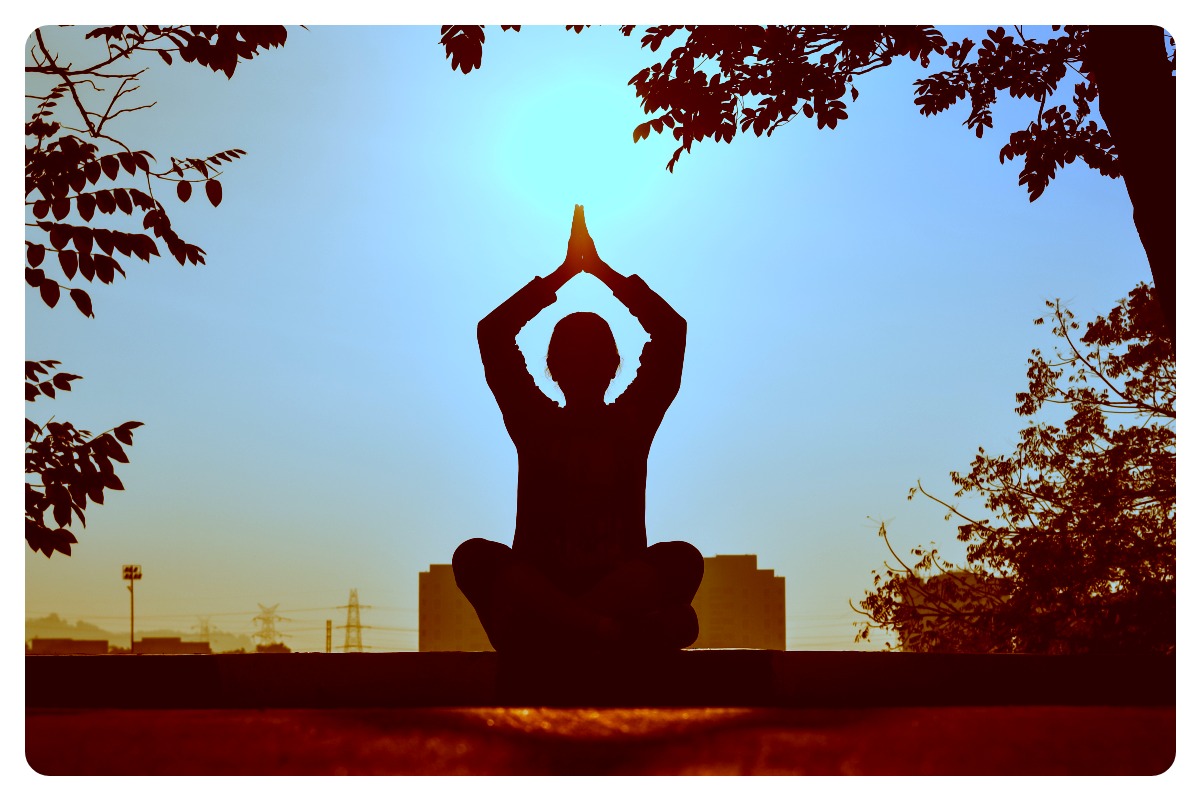
As you move further into your life in recovery, you may be in a space where you feel “off.” You connected with positive people during treatment, and the novelty has worn off. Daily stress has surfaced, and tasks have emerged. Life has given you many responsibilities, and you are trying to figure out how to move forward in recovery while keeping up with life’s demands.
While in recovery, you may need something more and not know where to turn. Recognizing that you need balance is the starting point. Figuring out what balance means to you can be frustrating. In recovery, you need to continue to put your effort into creating a safe space for your life.
You probably remember all of the healthy coping skills you learned in treatment, but you may have difficulty managing your time in recovery. It’s easy to get caught up with life’s responsibilities and put your recovery on the back burner. Your journey to this space has made you aware that you cannot continue to do what you are doing. You need a change and want to reconnect to recovery.
This article will discuss how to reconnect to your recovery through yoga and meditation. You will discover how the breath works in conjunction with the movements of the body. You will learn more about the benefits of yoga and meditation and how your mind can be calm in just a few simple steps.
What Is Yoga?
Although no one knows the exact time, yoga dates back to approximately 200 BCE. The word yoga comes from the Sanskrit word yuj, which means union. Yoga teaches how to relax and control your breathing. It is a combination of postures and breathing.
Benefits of Yoga
Yoga is beneficial to every person who embarks on the journey. It promotes balance within your body. In addition, yoga improves strength, increases sleep, boosts positivity, and enhances immunity. Moving your body creates a strong mindset and self-awareness. It can serve as the foundation for other healthy coping skills.
You can practice yoga at your own pace and on your own terms. Yoga teaches you to meet yourself right where you are. This mental space allows you to feel gratitude for your body and creates overall well-being.
What Is Meditation?
Meditation dates back to ancient times. Many cultures use meditation to promote overall brain health and calmness. Depending on your reason for meditating, you can clear or relax your mind by combining physical and mental techniques. Externally, it may appear that you are just breathing; however, the work is happening internally. Research suggests that meditation has positive effects on the brain and physical health.
Utilize this space to create awareness of your thoughts and emotions. You are training your brain to create a healthy perspective within your life.
Benefits of Meditation
Depending on where you are on your recovery journey, meditation can provide many benefits. Meditation can reduce overall stress in your life. Most people have daily stress, and most do not know how to deal with it in the moment. Meditation is a tool that decreases stress and increases your overall well-being.
Meditation improves concentration and the ability to solve problems. Through this practice, sleep problems can lessen, and the ability to sift through life calmly can surface.
How Do I Breathe?
Thinking about breathing might be a new concept to you; however, it does not have to be complicated. Take this moment and inhale a big breath. Then exhale. You may have felt a connection within your body when focusing on your breathing.
Mindful breathing during meditation focuses on the inhale and exhale processes. By focusing on your breathing, you become aware of sensations throughout your body. You can relax when the mind is focused on breathing.
Reconnecting Through Yoga and Meditation
The word “connect” means to join together. When yoga and meditation are joined together in recovery, a space of connection is present. You learn to calm your mind and allow relaxation to overcome your body. For example, when you take a full breath of air, your diaphragm expands. This allows oxygen to spread throughout your body and creates increased energy.
When you combine yoga and meditation, you focus on stretching your body, which can be a form of meditation. You may start to notice your movements and where you are holding your stress. Your body is a vessel and holds emotions. Recognizing your emotions and stressors can increase connection within your body and decrease stress.
Recovery Reconnection
You may have arrived within this space because you felt like you were in a rut in your recovery journey. This happens when daily life becomes the same thing over and over. Finding your inner peace can promote overall connection through understanding how your body is reacting to stress. By dedicating several minutes per day to yoga and meditation, you will connect to your mind and body. What better way to reconnect to recovery than to connect with your mind?
At the beginning of recovery, perhaps you could not even imagine thinking about how your breathing and moving your body could impact your daily life. You are not used to stepping outside your box to find alternate solutions. The journey of recovery provides spaces for feeling uncomfortable as you are getting used to your new normal. Learning how to breathe is an empowering tool in itself. Gaining awareness of ways to relax your body can do wonders for your recovery. At The Guest house, we hold space to help you learn how to empower yourself through yoga and meditation. Give us a call today at (855) 483-7800 to learn more. We are happy to help.